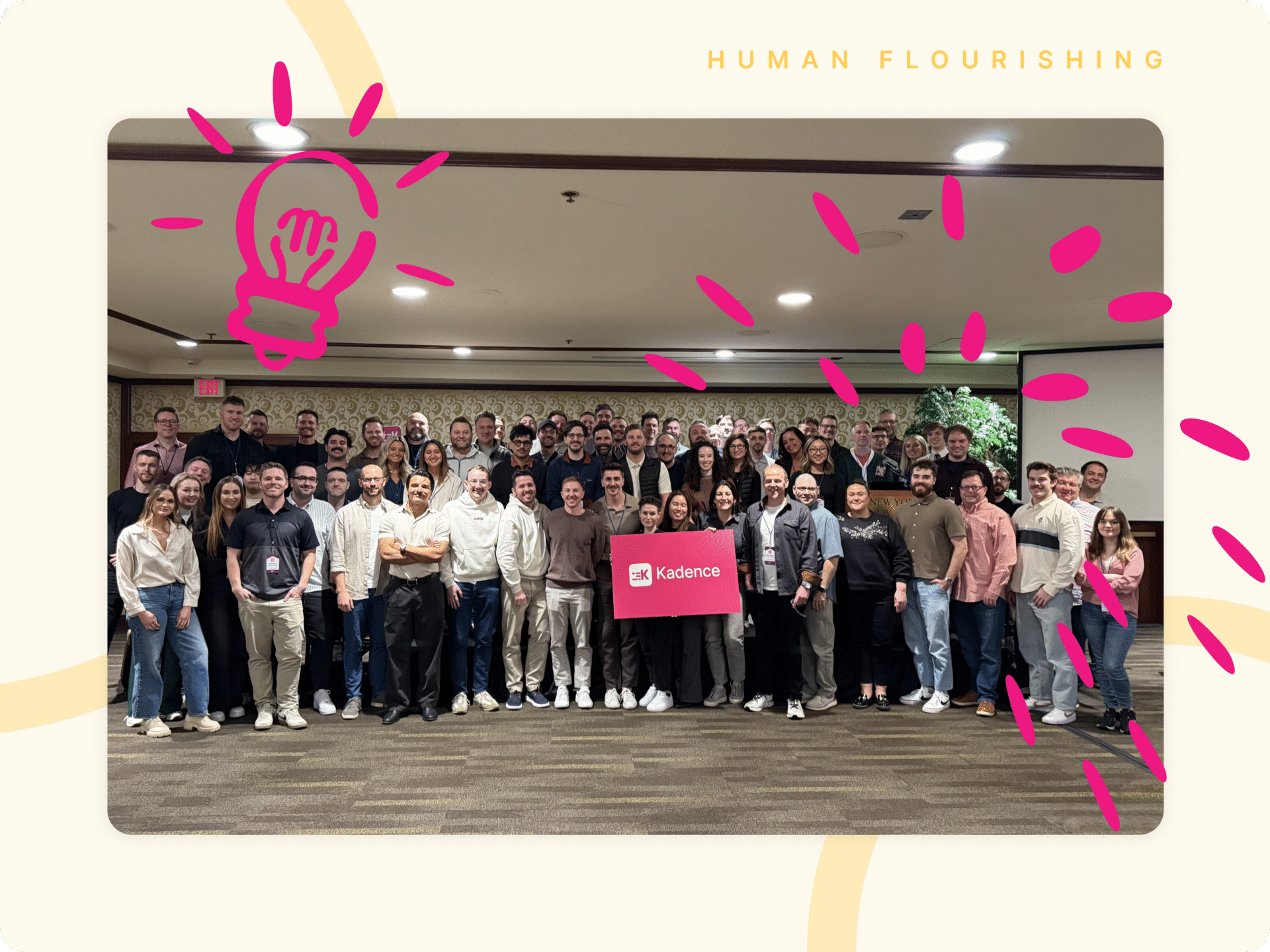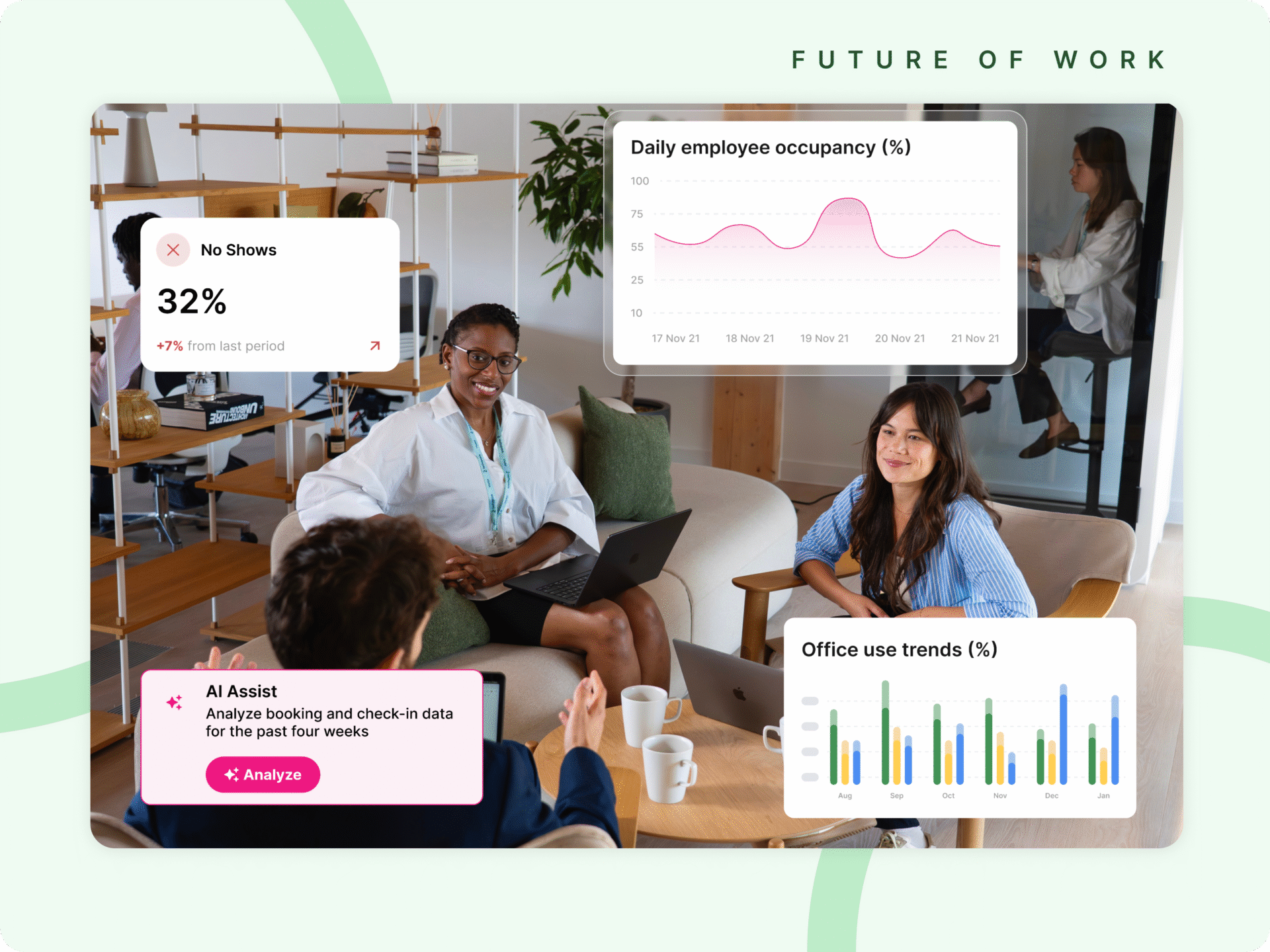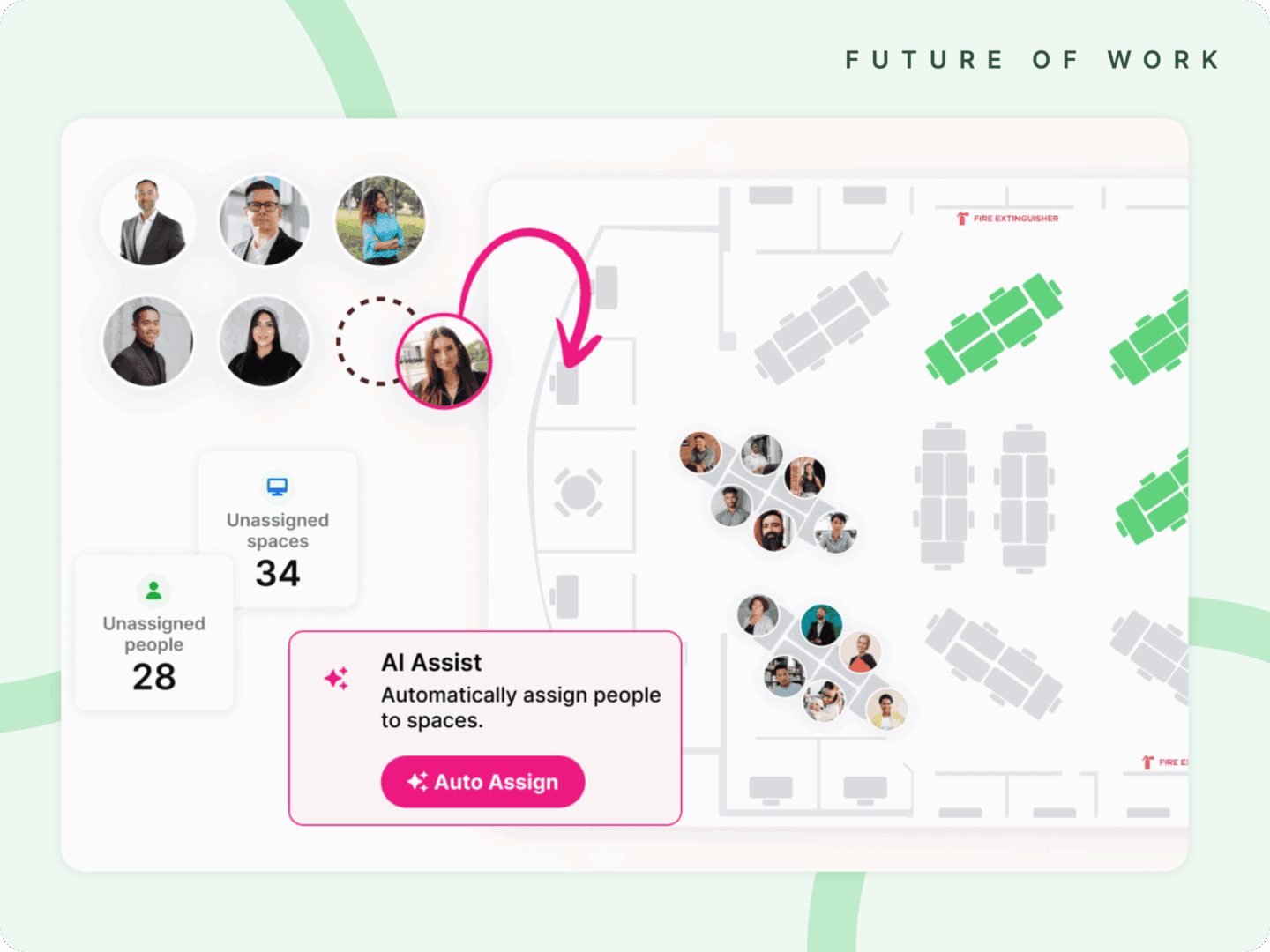Hybrid Workplace Persona #3: The Culturalist

In our hybrid workplace persona blog series, we’re taking a look at the personas you’re most likely to encounter in your hybrid working office. The four hybrid working employee personas – Soloists, Adapters, Culturalists and Traditionalists – will each approach hybrid differently. Understanding these differences will help you navigate a smooth transition from a traditional, nine-to-five office culture to a hybrid one.
Change can be unsettling for anybody. Insight into the people you’re catering for will inform the tools, systems and culture you need to put in place to keep staff happy and engaged.
In this edition, we’re looking at the Culturalist.
The Culturalist: The Networking Persona
The Culturalist is the social butterfly, the networking persona. This hybrid working persona loves to spend time with other people and they thrive as part of an office community. The polar opposite to the Soloist; working remotely all week in isolation is definitely not for them. Their preferred habitat is the informal meeting area or collaboration space, or you might also spot them chatting at the water cooler or office social areas throughout the day.
But don’t mistake their social nature for slacking off. Often seen as extroverts, Culturalists are energized by socializing and having people around them. They can be great problem solvers and networkers. They’re heavily invested in the workplace community and are often a driving force behind it.
They’ll be the ones organizing office nights out, baking competitions, and Secret Santa. They’ll also be the ones who are great at collaboration and working across departments, joining the dots and making things happen. Coming into the office should be an enjoyable experience for them. While the flexibility to work remotely will still be important, your Culturalists are likely to come in more frequently.
Creating A Destination Workplace
Culturalists will have missed connecting with others and getting out and about more than most during the pandemic. To help them transition to hybrid you’ll need to make them feel engaged and feed their social side for the best workplace experience.
The opportunity to collaborate is important to them so make sure there’s space designed for teamwork.
- Collaboration hubs with interactive whiteboards, video conferencing or hybrid meeting setup to make meetings more inclusive
- Open areas with comfy chairs and refreshments for chance encounters, impromptu brainstorming sessions and small social gatherings
- Silent zones for undisturbed, focused work for those coming to the office to run away from bad internet connection, or to take care of their mental wellbeing by enjoying a peaceful cup of coffee.
- Adding a splash of color and plant life can help people feel relaxed and make a break from the desk, encouraging communication and creativity.
Get our guide on ‘How to make collaboration work in the hybrid workplace’ to discover more ways to enhance workplace experience for your Culturalists.
Create A ‘Social’ Room And Desk Booking Experience
When they come into the office, your Culturalists will want to be sure they can sit near colleagues and have access to spaces that enable them to collaborate.
In many organizations, the days of one-desk-per-employee are gone. Desk scheduling software such as Kadence’s Wx offers short- or long-term bookings with interactive floor plans that show which workspaces are booked, by whom, and at what time, this can help guarantee they’ll get to sit with colleagues. The same goes for room booking – people can decide exactly when to come to the office to maximize opportunities for chance encounters and collaboration.
Know Where Colleagues Are For Networking And Socializing
With a dispersed workforce, it’s easy to lose track of where colleagues are working on any given day. The last thing a Culturalist wants is to make the trip into the office, only to find the rest of their team are all working remotely that day.
Putting in place a system that allows everybody to share they will be workingtheir whereabouts during the week will enable employees to sync their own schedules with colleagues’ schedules. Culturalists will value being able to plan their week around the activity of their team.
Biophilic Office Design
Biophilic office design brings nature into the workplace. It’s based on the idea that humans are intrinsically bound to nature and the natural environment. Workspaces more in tune with nature can make us more content and relaxed.
When your Culturalists come into the office, they’re looking for an uplifting and positive workplace experience. Office design has a key role to play in creating this for them.
Design your office space with biophilic principles in mind:
- Use natural materials, such as wood or stone
- Ensure access to natural light and views of green spaces, if possible.
- Create outside areas for people to socialize and relax
- Add indoor plants to your décor
- Embrace a color scheme that has echoes in nature
Optimize Your Workplace Experience
Your Culturalists need employee engagement. They will look forward to the different aspects of office life. Being stuck at home working at the kitchen table will have been particularly difficult for them. They’ll have missed getting out of the house, working face to face with others, and socializing.
They are also keen on hybrid working. It gives them flexibility and work-life balance, but they can still enjoy coming into the office. Just make sure that you take steps to ensure their office experience is a collaborative and productive one.
Give them a simple and intuitive way to book desk and meeting space, the opportunity to sync their schedules with colleagues, thoughtfully designed collaboration and socialization spaces, and a biophilic-inspired workspace design.




